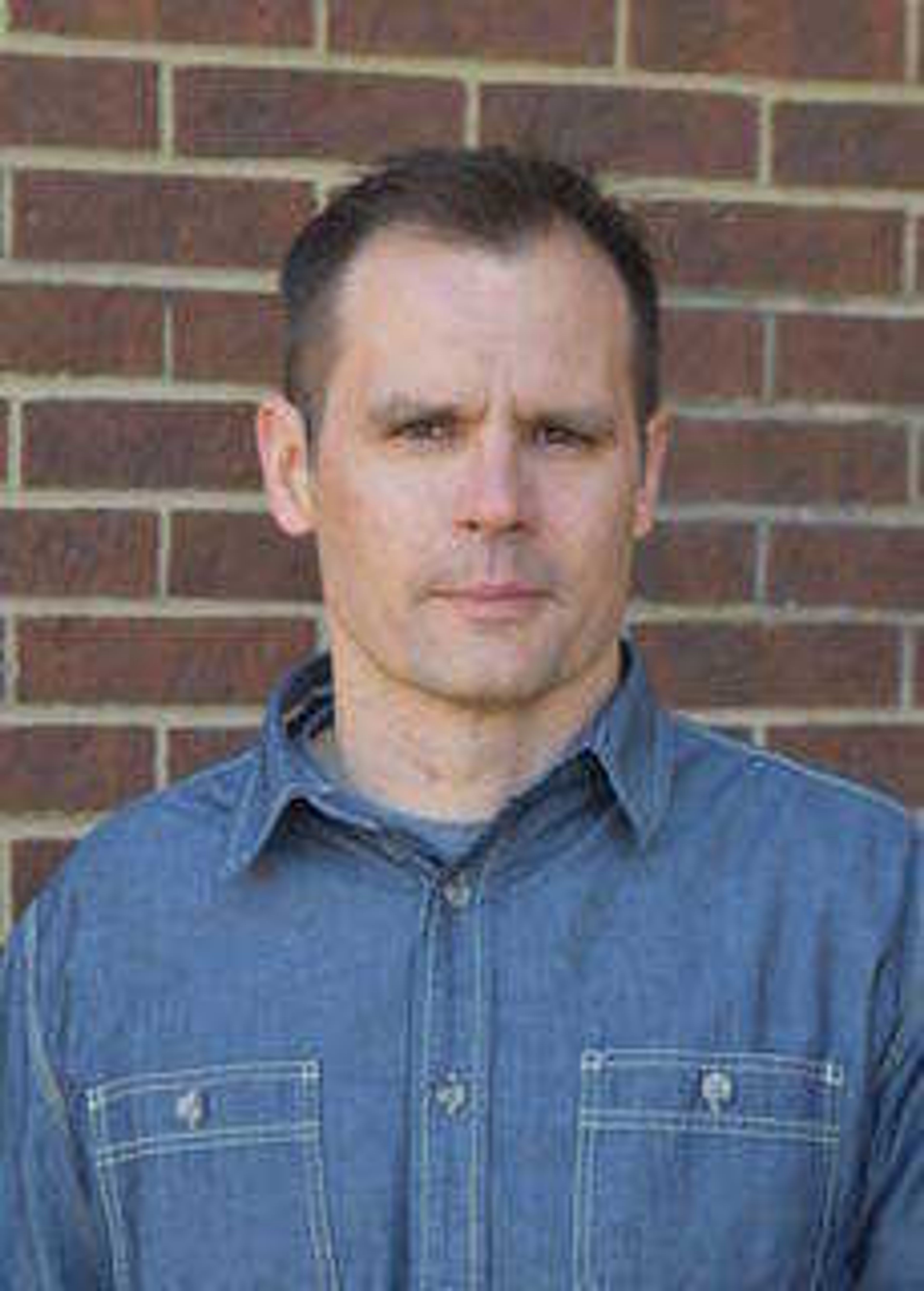The beautiful stories that flaws can tell
The letters and emails I write follow the format my fifth-grade teacher, Mrs. Taylor, taught me. A greeting, a body, a closing, followed by my signature. I had not thought much about how I conclude my correspondence until recently reading the history of the word "sincerely."...
The letters and emails I write follow the format my fifth-grade teacher, Mrs. Taylor, taught me. A greeting, a body, a closing, followed by my signature. I had not thought much about how I conclude my correspondence until recently reading the history of the word "sincerely."
"Sincerely" originates from the Latin sine cera, meaning "without wax." The words reflect a time when artists and potters would use wax to cover their work's flaws. The material could look well-crafted, but the wax would melt over time, revealing the flaw. To avoid purchasing a broken bowl or cup, a shopper would hold a vessel up to the sun, inspecting for wax. Those containers considered "sincere" would be without wax.
The Bible uses other words to describe a life without wax. Words such as unblemished, honorable, and blameless. The Bible tells us that there is a direct connection between the joy you possess and a life of sincerity. Psalm 119:1 says, "Joyful are people of integrity..." Whole people, sincere people, are those who live without wax.
Living without wax means admitting your flaws. A pot was not "sincere" because the artist was attempting to hide the flaws. They deceived themselves and tried to trick one another by passing off what was broken as high-quality. But when you acknowledge your flaws, you create a growth opportunity by bringing others who can fill those cracks into your life.
Living a life without wax also encourages you to embrace your flaws. The Japanese art of Kintsugi is repairing broken pottery with a lacquer mixed with powdered gold, silver, or platinum. The broken pieces are not only made whole with a gleam of precious metals. The fractures now spotlighted tell a second and more beautiful story by celebrating the flaw.
When you embrace your own flaws, the cracks and breaks in your life tell not only our story but of God mending what has been broken by his grace. A more beautiful story is being told by a broken vessel.
A life of wholeness and integrity comes from seeing the breaks and celebrating them as part of your own story. You learned much from those scars. You have much to share from your flaws. You have much grace to testify to out of your brokenness.
Connect with the Southeast Missourian Newsroom:
For corrections to this story or other insights for the editor, click here. To submit a letter to the editor, click here. To learn about the Southeast Missourian’s AI Policy, click here.










